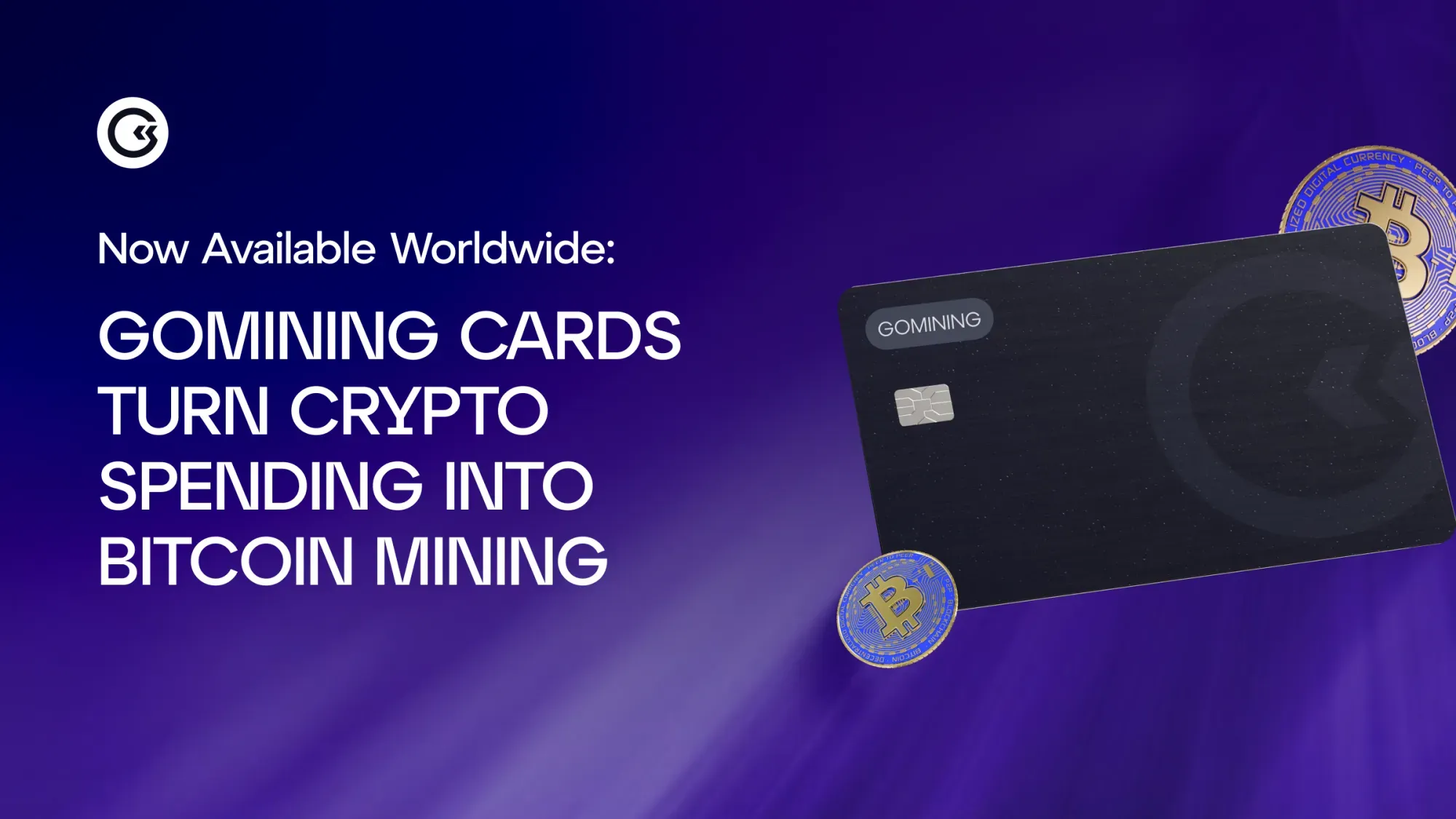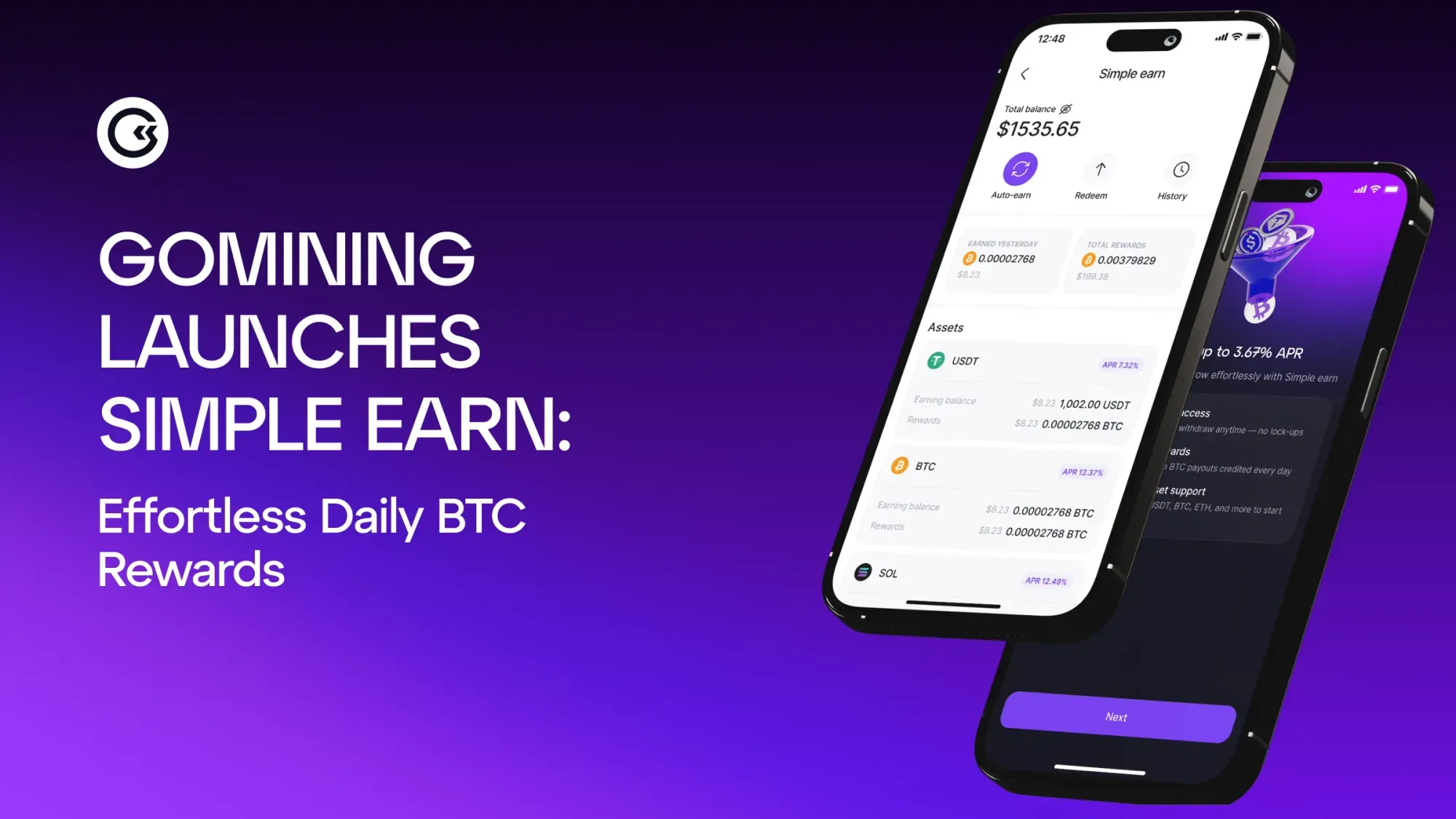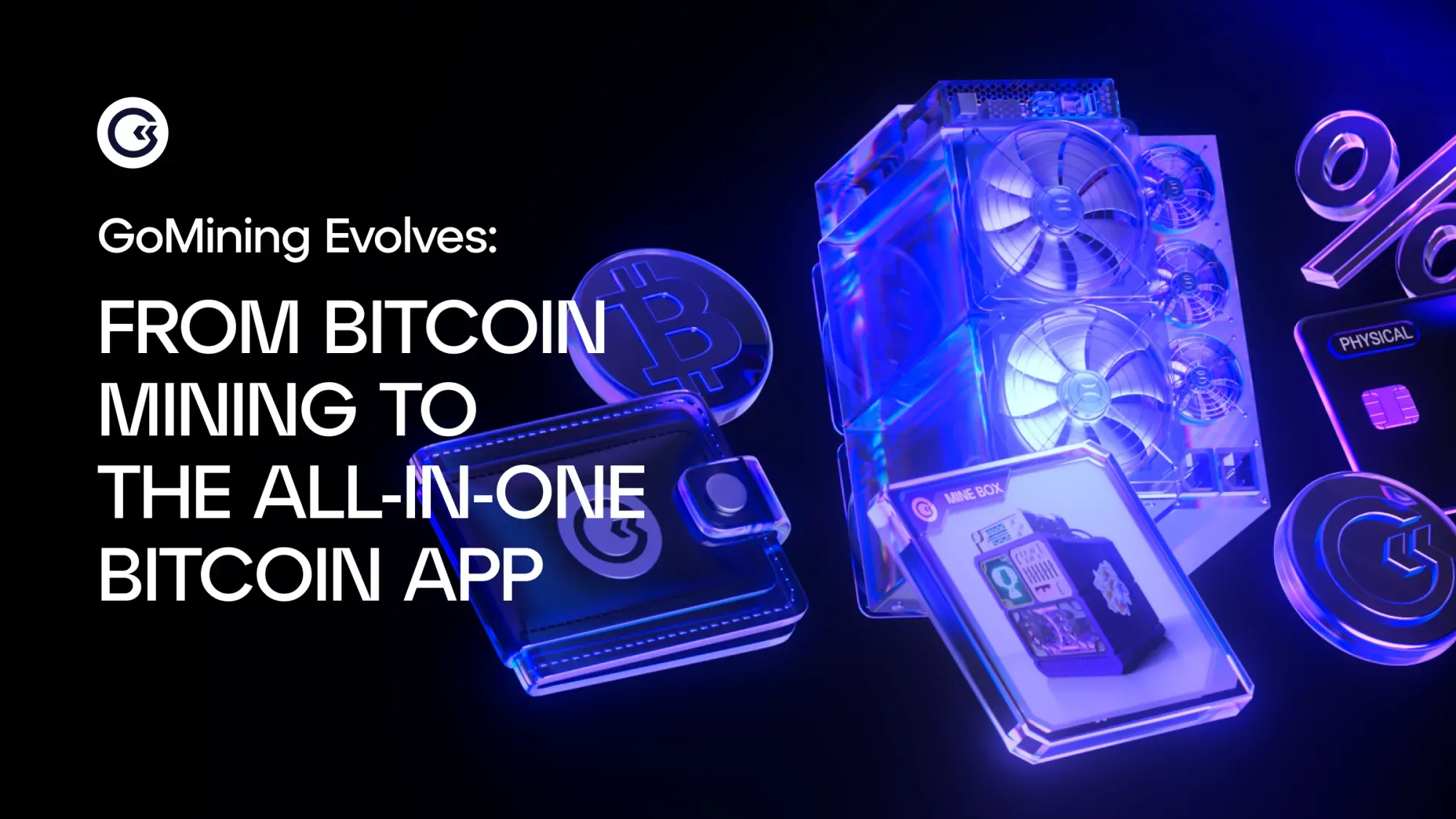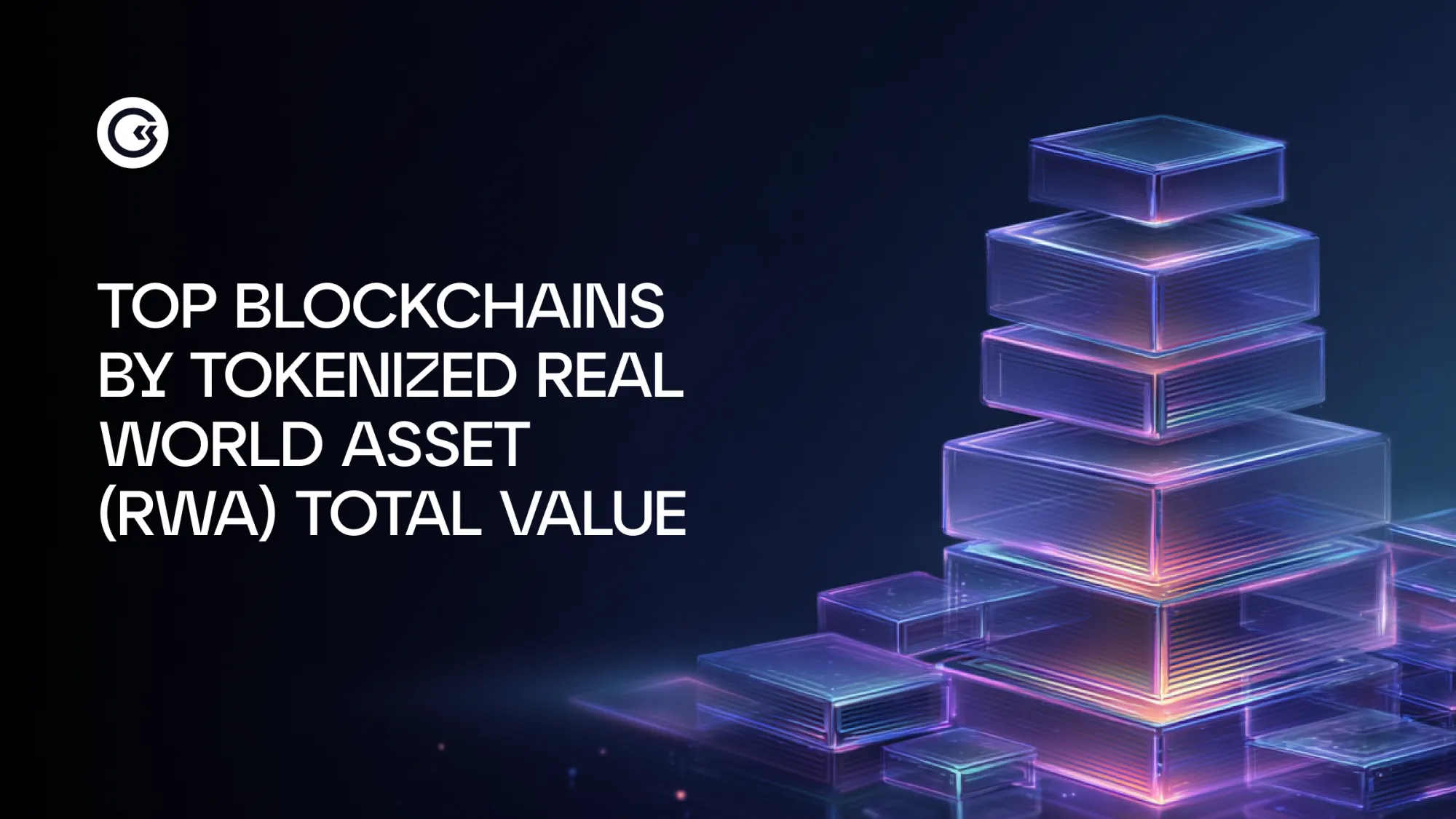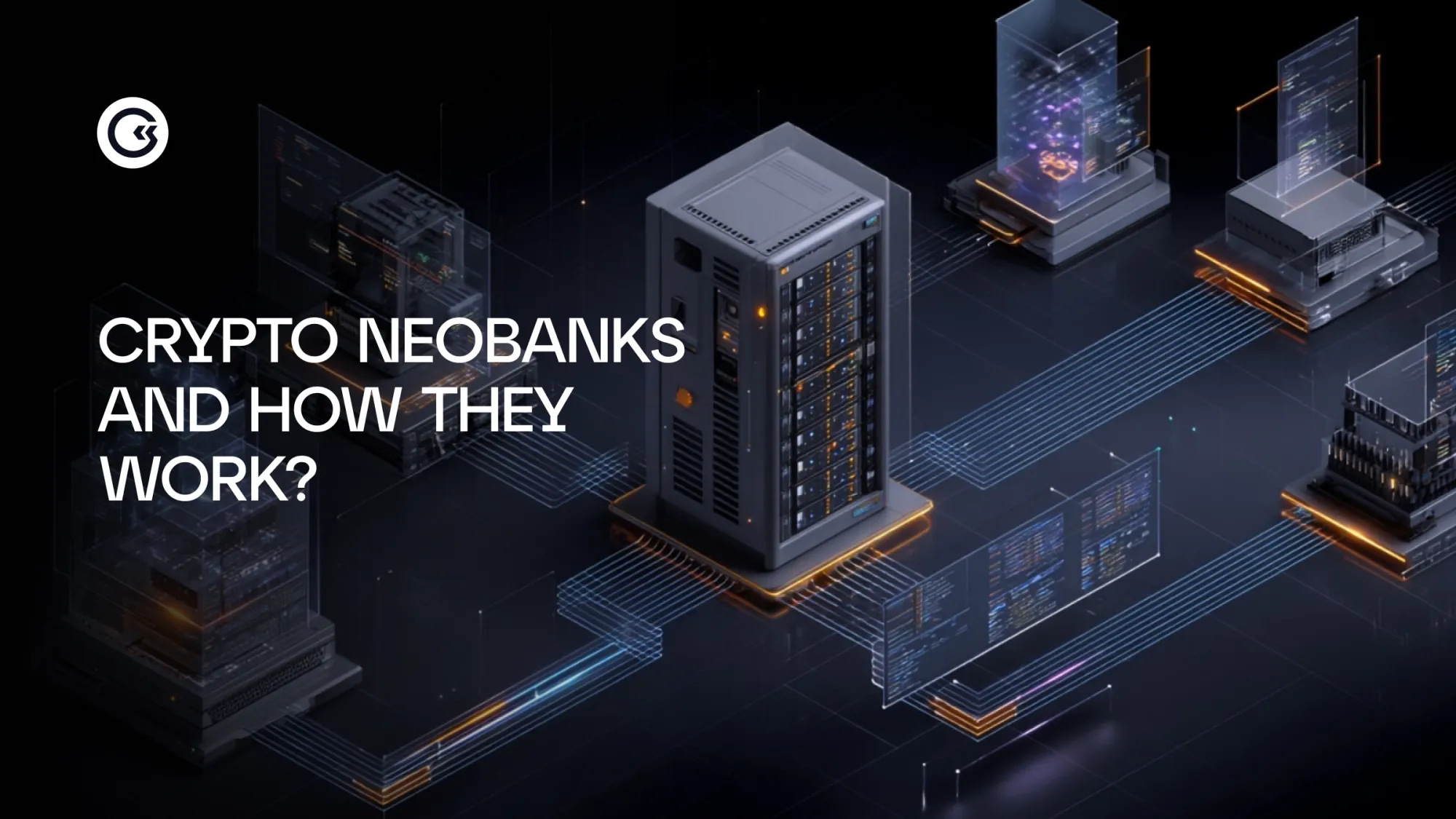L'achat d'une maison a toujours été une grande affaire et pour beaucoup, un rêve. C'est passionnant, mais en même temps stressant, chronophage, et cela semble souvent bloqué dans le passé. Entre les formalités administratives interminables, les banques lentes et les tracas administratifs internationaux, les transactions immobilières se font encore à l'ancienne. Mais que se passerait-il si cela commençait à changer ?
C'est là qu'entre en scène le Bitcoin. La cryptomonnaie la plus populaire au monde, et un nouvel outil puissant qui commence à remodeler la façon dont les gens achètent et vendent des biens immobiliers.
À travers le monde, les acheteurs utilisent maintenant le Bitcoin pour leurs achats immobiliers, évitant complètement les banques et concluant leurs transactions plus rapidement que jamais. Des contrats intelligents basés sur la blockchain aux plateformes immobilières Bitcoin, le paysage commence à évoluer, apportant avec lui de nouveaux niveaux de rapidité, de sécurité et d'accès mondial.
Vous n'avez peut-être jamais utilisé de cryptomonnaie auparavant, vous êtes peut-être simplement curieux de connaître le buzz. Eh bien, cet article est votre guide convivial pour comprendre comment la cryptomonnaie et l'immobilier se rejoignent de manière étonnamment pratique.
Nous examinerons :
✅ Ce qu'est le Bitcoin et comment il fonctionne réellement dans le monde de l'immobilier ✅ Les avantages du Bitcoin dans l'immobilier - comme des transactions plus rapides, des frais plus bas et un accès mondial ✅ Les risques et défis, de la volatilité des prix aux lois fiscales peu claires ✅ Des exemples concrets de transactions immobilières en Bitcoin qui se produisent déjà ✅ Les tendances futures - comme la propriété tokenisée, une adoption plus large et des réglementations potentielles ✅ Et enfin, un guide étape par étape sur comment vous pourriez acheter (ou vendre) une propriété en utilisant le Bitcoin
Nous présenterons également un moyen pour vous de commencer à gagner du Bitcoin avant même d'acheter votre première propriété - via une plateforme appelée GoMining, qui permet à quiconque de miner du Bitcoin sans posséder de matériel.
Donc, si vous vous êtes déjà demandé "Puis-je vraiment acheter une maison avec du Bitcoin ?" - la réponse est oui. Et nous allons vous montrer comment cela fonctionne, ce qu'il faut surveiller, et pourquoi le plus grand marché mondial - l'immobilier - est mûr pour une mise à niveau numérique.
Découvrons comment le Bitcoin transforme le marché immobilier, un bloc (et une blockchain) à la fois.
Qu'est-ce que le Bitcoin et comment fonctionne-t-il dans l'immobilier ?

D'accord, commençons par les bases. Le Bitcoin est une forme de cryptomonnaie - une monnaie numérique qui fonctionne indépendamment des systèmes bancaires traditionnels. Il utilise la technologie blockchain pour vérifier les transactions, ce qui le rend décentralisé, transparent et incroyablement sécurisé.
Alors, comment le Bitcoin se rattache-t-il au monde immobilier ?
Dans les transactions immobilières traditionnelles, les acheteurs comptent sur les banques, notaires, avocats et autres intermédiaires pour faciliter et vérifier les transactions. Mais en utilisant le Bitcoin, il est possible de transférer de grosses sommes directement de l'acheteur au vendeur sans banques ni frais internationaux élevés. Dans certains cas, les contrats intelligents (accords numériques auto-exécutables) gèrent tout, de l'entiercement au transfert de propriété.
La blockchain dans l'immobilier permet des registres transparents et inviolables de propriété, rendant la fraude beaucoup moins probable. Elle assure également un enregistrement permanent de tous les paiements immobiliers avec Bitcoin, aidant à la fois les acheteurs et les vendeurs à se sentir plus en sécurité. Vous suivez jusqu'ici ?
Avantages de l'utilisation du Bitcoin dans les transactions immobilières
Transactions plus rapides
L'un des aspects les plus attrayants du Bitcoin pour les achats immobiliers est la rapidité avec laquelle les transactions peuvent être conclues. Les transactions immobilières traditionnelles peuvent prendre des semaines, voire des mois - surtout si des transferts internationaux, des approbations de prêts ou des tracas juridiques sont impliqués.
Avec le Bitcoin, les transactions peuvent être complétées en minutes ou heures. Plus besoin d'attendre qu'un virement bancaire soit compensé ou qu'une banque ouvre dans un autre fuseau horaire. Tout se passe numériquement, accélérant ce qui était autrefois un processus à l'ancienne, lourd en paperasserie. Plutôt génial, non ?
Frais de transaction plus bas
Pour quiconque a eu affaire à l'achat de propriétés internationales, vous connaissez la douleur des frais - coûts de change, frais de transfert, frais de notaire, et plus encore. Les transactions immobilières en Bitcoin peuvent réduire ou même éliminer de nombreux coûts d'intermédiaires.
Quand l'argent circule de pair à pair en utilisant la crypto, cela contourne les banques et leurs frais élevés. C'est particulièrement utile dans les achats transfrontaliers où les virements bancaires et les taux de change peuvent entamer votre budget.
Accessibilité accrue
Avec le Bitcoin, il devient plus facile d'acheter des propriétés dans le monde entier. Vous n'avez pas besoin de vous soucier de convertir des devises ou d'ouvrir des comptes bancaires étrangers. Cette simplicité rend les achats immobiliers en Bitcoin plus attrayants pour les acheteurs internationaux cherchant à exploiter des marchés comme les États-Unis, l'Europe ou l'Asie.
Imaginez pouvoir acheter une maison de plage au Portugal ou un appartement en Thaïlande sans même avoir à mettre les pieds dans une banque ? C'est le genre d'accessibilité que le Bitcoin dans le marché immobilier peut offrir.
Transparence et sécurité
Comme mentionné, la nature décentralisée de la blockchain garantit que chaque transaction est traçable et sécurisée. Cela apporte un nouveau niveau de confiance à un marché qui a traditionnellement été vulnérable à la fraude et à la désinformation.
Avec la blockchain, il y a un grand livre public qui vérifie l'historique de propriété, les registres de transactions et les contrats intelligents. Il est beaucoup plus difficile de falsifier des documents ou d'escroquer des acheteurs, ce qui ajoute une forte couche de protection aux achats immobiliers en Bitcoin.
Défis et risques de l'utilisation du Bitcoin dans l'immobilier

Volatilité
Malgré tous les aspects positifs, l'une des plus grandes préoccupations dans l'utilisation du Bitcoin pour les achats immobiliers est sa volatilité des prix. Le Bitcoin peut gagner ou perdre une valeur significative en peu de temps, et cela crée de l'incertitude pour les acheteurs et les vendeurs.
Une propriété listée à 10 BTC aujourd'hui pourrait coûter significativement plus ou moins demain. Cette instabilité signifie que de nombreux vendeurs préfèrent encore fixer le prix des propriétés en monnaie fiduciaire et accepter simplement le Bitcoin au moment de la transaction finale.
Incertitude réglementaire
Les lois et réglementations autour de la cryptomonnaie et de l'immobilier évoluent encore. Certains pays accueillent favorablement les paiements Bitcoin pour les achats immobiliers, tandis que d'autres ont des règles plus strictes ou des zones grises légales.
Les agents immobiliers et les avocats doivent être familiarisés avec les lois locales pour assurer la conformité, et dans certaines régions, il n'est toujours pas possible d'enregistrer les titres de propriété directement avec des transactions Bitcoin.
Adoption limitée
Malgré l'intérêt croissant, le Bitcoin dans le marché immobilier en est encore à ses débuts. De nombreux agents, plateformes et développeurs n'acceptent pas encore la crypto. Certains ne comprennent simplement pas comment cela fonctionne, tandis que d'autres sont prudents en raison de réglementations ou de préoccupations techniques.
Mais cela change rapidement, et plusieurs entreprises avant-gardistes embrassent les avantages du Bitcoin dans l'immobilier - surtout dans les villes mondiales et les marchés technologiques.
Questions fiscales
Les lois fiscales autour des transactions immobilières en Bitcoin varient considérablement selon les pays. Dans certains endroits, convertir le Bitcoin en propriété peut déclencher des impôts sur les plus-values. Dans d'autres, vous pourriez devoir déclarer vos avoirs crypto ou faire face à des formalités compliquées.
Il est important de travailler avec des professionnels qui comprennent à la fois la crypto et la fiscalité immobilière pour éviter les surprises.
Tendances du marché immobilier Bitcoin

Adoption mondiale du Bitcoin dans l'immobilier
Des pays comme les États-Unis, le Portugal, l'Allemagne et certaines parties de l'Asie ont vu une augmentation constante des transactions immobilières en Bitcoin. À Miami, New York, Dubaï et Lisbonne, les développeurs et vendeurs commencent à annoncer des propriétés avec des panneaux "Bitcoin accepté".
Cette croissance est alimentée par une sensibilisation accrue à la crypto, des acheteurs plus jeunes qui utilisent déjà des actifs numériques, et un désir de transactions internationales plus faciles.
Plateformes immobilières acceptant le Bitcoin
Plusieurs plateformes facilitent maintenant le Bitcoin pour les achats immobiliers, notamment :
BitPay - Une plateforme mondiale qui permet aux agents immobiliers et vendeurs d'accepter le Bitcoin et autres cryptomonnaies. Propy - Une plateforme basée sur la blockchain qui permet les paiements immobiliers avec Bitcoin et aide même à tokeniser la propriété. Bithome - Une place de marché pour les acheteurs et vendeurs qui veulent utiliser le Bitcoin et autres actifs crypto pour les transactions immobilières mondiales.
Ces plateformes façonnent l'avenir du Bitcoin et des tendances du marché immobilier, rendant plus facile de trouver des annonces et de finaliser des transactions entièrement en ligne.
Transactions immobilières majeures réalisées avec Bitcoin
Il y a déjà eu plusieurs transactions immobilières de haut profil réalisées avec Bitcoin :
En février 2018, le détenteur de Bitcoin Michael Komaransky a vendu son manoir à Miami pour 455 BTC - à l'époque, ce montant représentait environ 6 millions de dollars. Au moment de la rédaction, les mêmes 455 BTC coûtent un peu moins de 3 millions.
En 2018, un manoir de Miami a été vendu pour 455 BTC (environ 6 millions de dollars à l'époque). En 2021, une maison californienne s'est vendue entièrement en crypto, l'acheteur payant 65 millions de dollars en Bitcoin. Les développeurs de Dubaï offrent maintenant des tours complètes d'appartements à la vente via des transactions crypto.
Ces cas montrent que les transactions immobilières en Bitcoin ne sont pas seulement théoriques - elles se produisent dans le monde réel.
L'avenir du Bitcoin dans l'immobilier

Acceptation et intégration généralisées
Alors que l'adoption de la crypto grandit, il est probable que plus d'agences immobilières, de développeurs et de places de marché accepteront le Bitcoin. Avec des plateformes rendant le processus plus facile, le Bitcoin pourrait bientôt devenir une méthode de paiement standard pour l'immobilier - surtout dans les marchés du luxe et international.
L'essor de l'immobilier tokenisé
La technologie blockchain ouvre également la porte à l'immobilier tokenisé - où la propriété est divisée en parts numériques qui peuvent être achetées et vendues. Cela permet la propriété fractionnée, permettant aux gens de s'impliquer dans l'immobilier sans avoir besoin d'acheter une maison entière.
Cette approche, soutenue par la blockchain, pourrait démocratiser l'immobilier en abaissant la barrière d'entrée et en augmentant la liquidité.
Changements réglementaires possibles
Alors que les gouvernements commencent à comprendre l'impact des cryptomonnaies sur l'immobilier, de nouvelles règles sont susceptibles d'émerger. Celles-ci peuvent inclure des directives fiscales plus claires, des normes de déclaration plus faciles, et même des plateformes nationales pour enregistrer les ventes immobilières en Bitcoin.
Si les réglementations soutiennent l'innovation plutôt que de l'étouffer, l'avenir pourrait être très brillant pour l'immobilier Bitcoin.
Comment utiliser le Bitcoin dans les transactions immobilières
Alors, comment cela fonctionne-t-il réellement ? Voici une explication simple pour quiconque envisage d'acheter une propriété avec Bitcoin :
- Trouvez une propriété ou un vendeur qui accepte le Bitcoin. Comme mentionné, des plateformes comme Propy, BitPay ou Bithome peuvent vous aider à découvrir des annonces mondiales.
- Obtenez des conseils juridiques et financiers. Travaillez avec un avocat et un agent immobilier compétents en crypto pour vous assurer que tout est conforme.
- Fixez un prix. La plupart des transactions sont tarifées en monnaie locale (USD, EUR, etc.) et converties en BTC au moment de la vente.
- Utilisez un service d'entiercement crypto. Des plateformes comme Propy offrent des contrats intelligents et des services de portefeuille sécurisés pour détenir les fonds jusqu'à ce que les deux parties remplissent leurs obligations.
- Signez des contrats numériques. Beaucoup de transactions immobilières modernes utilisent maintenant des signatures électroniques basées sur la blockchain et la vérification de documents.
- Enregistrez la propriété. Selon le pays, vous pourrez peut-être enregistrer la transaction sur la chaîne ou devrez encore déposer auprès des autorités locales à l'ancienne.
Les paiements immobiliers avec Bitcoin ne sont pas seulement possibles - ils sont plus faciles que beaucoup de gens ne le pensent.
Gagnez du Bitcoin pendant que vous explorez le marché

Êtes-vous curieux du rôle du Bitcoin dans les transactions immobilières - mais pas encore tout à fait prêt à plonger dans un achat immobilier complet ? Pourquoi ne pas commencer par gagner du Bitcoin tout en apprenant davantage sur l'économie numérique ?
Avec la plateforme GoMining, vous pouvez commencer à construire votre portefeuille crypto aujourd'hui - en minant de vrais Bitcoin soutenus par des équipements puissants du monde réel. Le meilleur ? Vous n'avez pas besoin d'acheter ou de maintenir du matériel vous-même. GoMining gère le côté technique pour vous, vous pouvez donc vous concentrer sur la croissance de vos avoirs et apprendre comment le Bitcoin s'inscrit dans de plus grandes opportunités.
Miner du Bitcoin avec GoMining est un moyen intelligent et à faible barrière de se familiariser avec le monde de la crypto et des revenus passifs :
✅ Commencez à miner instantanément - pas de configuration, aucune connaissance technique requise ✅ Gagnez des récompenses quotidiennes en Bitcoin, déposées directement dans votre portefeuille ✅ Soutenu par du vrai matériel, avec toutes les opérations sécurisées par des contrats intelligents blockchain ✅ Parfait pour quiconque observe le marché, se préparant à faire des paiements immobiliers avec Bitcoin par la suite
Si votre objectif est d'éventuellement acheter une propriété avec Bitcoin ou simplement comprendre comment la crypto peut soutenir votre avenir financier, GoMining rend facile de commencer.
Conclusion
La fusion de la cryptomonnaie et de l'immobilier n'est plus seulement une tendance - c'est une transformation. Avec sa promesse de transactions plus rapides, de frais plus bas, d'accessibilité améliorée et de plus grande transparence, le Bitcoin dans le marché immobilier a le potentiel de changer à jamais la façon dont nous achetons et vendons des propriétés.
Cela dit, le chemin est encore nouveau. Il y a des défis à surmonter - incertitude réglementaire, volatilité et obstacles à l'adoption. Mais alors que les plateformes évoluent, les lois rattrapent, et plus de gens deviennent à l'aise avec la crypto, les avantages du Bitcoin dans l'immobilier deviendront plus difficiles à ignorer.
Que vous soyez un enthousiaste du Bitcoin, un acheteur de maison, ou simplement un lecteur curieux, comprendre comment fonctionne l'immobilier Bitcoin vous place en avance sur le jeu.
Alors, la prochaine fois que quelqu'un vous dit que l'immobilier est bloqué dans le passé, souriez simplement - et dites-lui qu'il est déjà sur la blockchain.
Traduction réalisée avec l'aide de l'IA. Vous pouvez lire l'article original ici
August 6, 2025




